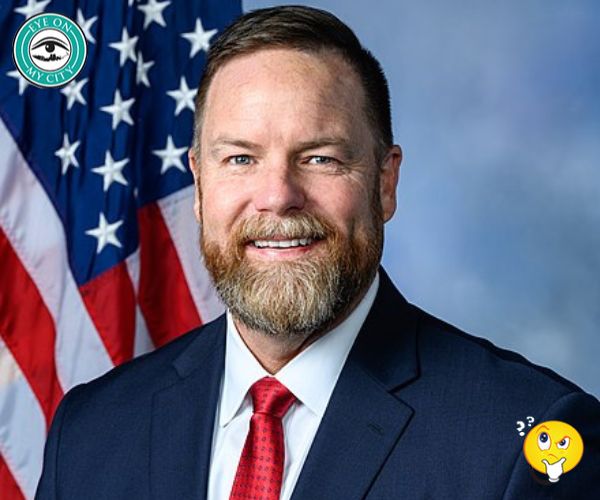Eye recently wrote an article about a new federal rule that will force homebuyers with good credit scores to pay higher mortgage rates and fees to subsidize people with riskier credit ratings who are also in the market to buy houses. The rule is part of the Federal Housing Finance Agency’s push for affordable housing, and it will affect mortgages originating at private banks across the country. You can read the article here.
We wondered how those in the home loan business felt about this new rule. We heard from two very strong organizations in that arena.
The National Association of Realtors (NAR) put out a statement regarding this new rule.
“In January of 2023, the Federal Housing Finance Agency (FHFA), which regulates Fannie Mae and Freddie Mac (the GSEs), directed them to change their loan level pricing adjustments (LLPAs)—upfront fees the GSEs charge individual borrowers based on their credit score, down payment, or other risk factors. Fees were raised on some stronger-credit borrowers. Lenders are required to start complying with these adjustments starting May 1, and have been adjusting pricing since March to accommodate these requirements. NAR continues to urge FHFA to rescind this measure that is unnecessary given their current financial strength and the affordability concerns plaguing homebuyers nationwide. Also, starting on August 1, FHFA will impose a new fee on borrowers with debt-to-income ratios (DTIs) greater than 40 percent. NAR opposes this upfront fee as DTI is a poor measure of a borrower’s ability to repay and urges the FHFA to reconsider tying any fees to fluctuating factors such as DTI that may make homebuying further out of reach for more Americans.
“NAR is working alongside industry partners to urge regulators to rescind the increased fees on borrowers with higher credit scores and remove the DTI-based LLPA before the August implementation date. NAR strongly opposes this fee since DTIs can change during the financing process, making it difficult to underwrite the loans and making it more likely for a borrower to default given the higher DTI that results from the additional fee imposed. NAR advocates for the use of compensating factors, where a borrower with a risky factor like low credit score must have a larger down payment or lower DTI.
“The GSEs have an obligation to support a national market of all groups and they are making strong profits. Thus, the GSEs could simply reduce the fees for lower credit borrowers and maintain the others at the same cost—especially given the sharp decline in affordability over the last year and the GSEs’ function as market utilities with a Congressional charter.“
“NAR has publicly opposed the changes and continues to share its concerns with the FHFA. We will continue to work with the Hill and industry partners to seek change.”
Eye also heard from David King, Chief Brand Officer of Homeowners Financial Group USA, LLC a Equal Housing Lender.
“Starting May 1, the mortgage industry will initiate changes to Loan Level Price Adjustments (LLPAs), the fees lenders charge borrowers based on their credit score, loan-to-value ratio, and other risk factors. The changes will apply to LLPAs imposed by Fannie Mae and Freddie Mac, the government entities that guarantee a vast majority of new mortgages.
“The changes, which are geared toward supporting first-time and lower-income homebuyers, include lower fees for borrowers with credit scores under 680; slightly increased fees for borrowers with high credit scores; no fees for borrowers who qualify for Fannie and Freddie’s affordable housing programs and first-time homebuyers who meet local median income requirements; and new fees for borrowers with a high debt-to-income ratio or a 15-20 percent down payment.”
It appears the changes in LLPAs have sparked debate within the industry, with some supporting the modifications and others opposing them. However, the modifications will have a significant impact on the fees charged to borrowers by lenders and the ability of individuals to buy homes.
Stay tuned at Eye for more on this issue.









